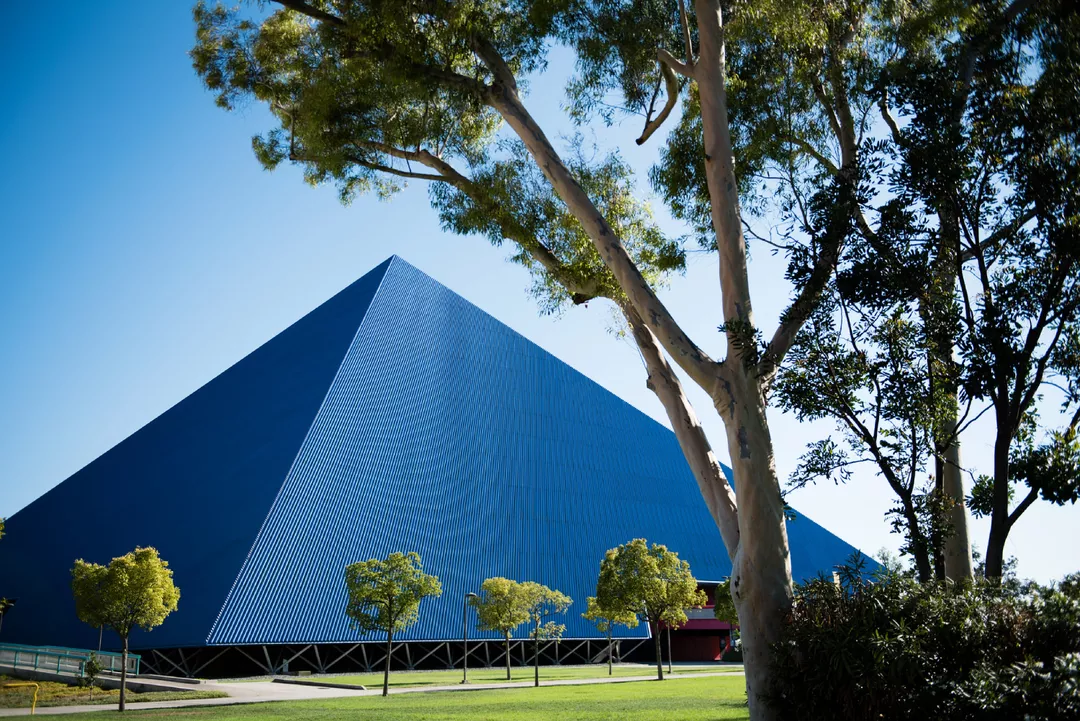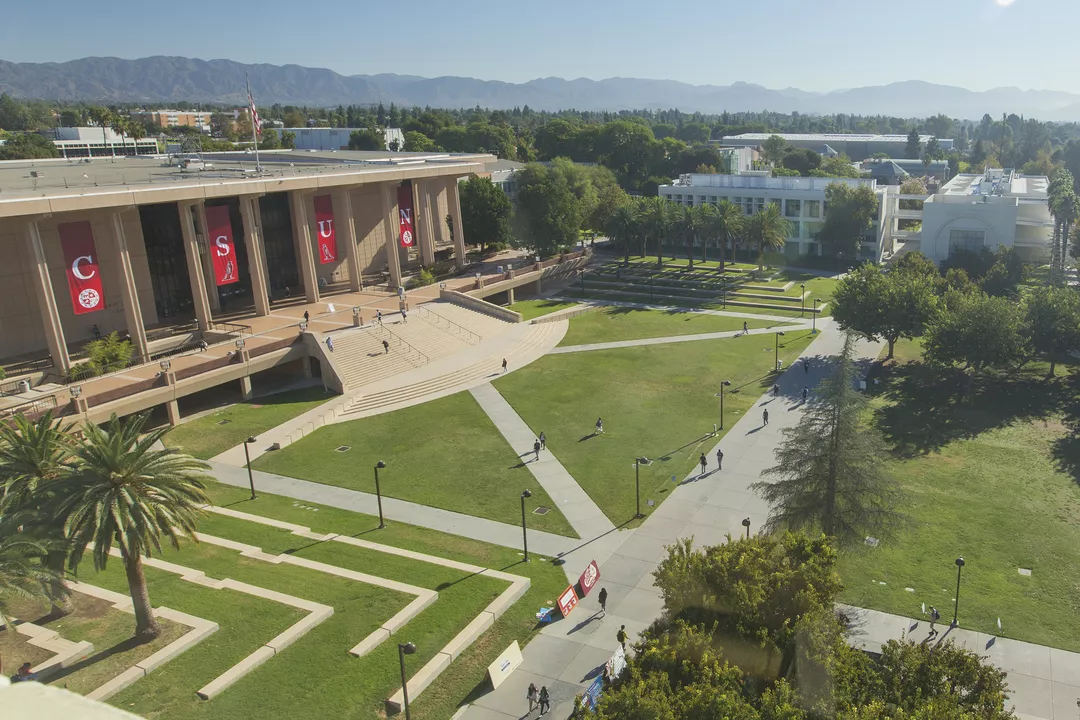-
hello@abroadcube.com
Mail us
-
Call For Help:
98779 83783
-
Whatsapp Us
70090 34921
The Master of Science in Human Nutrition is designed to advance professional competence and personal nutritional needs of individuals who want to increase their opportunities in the selected areas of nutrition while also providing breadth in related areas. Students will develop competencies in research methods and advanced practice comprehension relevant to their area of study. Completion of the program will increase competence in food and nutrition subject matter in preparation for a wide variety of professional opportunities, including nutritionists or supervisors in nutrition, doctoral study in nutrition, research, and administrative positions in public and private agencies.
The 48 unit Master of Science in Human Nutrition curriculum is dynamic and offers two options: Human Nutrition and Dietetic Internship. Both options provide a breadth of courses, ultimately leading to a well-rounded education and knowledge base. Completion of the program generally takes four semesters.
| Level | Masters |
| Discipline | Sciences |
| Duration | 24 months |
| Intakes | Jan, Sep |
| Application Fees | USD 70 |
| Tuition Fees | USD 15626 |
| Campus | Northridge |
| Language proficiency (minimum) | |
| IELTS | 6.5 |
|---|---|
| TOEFL | 79 |
| PTE | 58 |
| Duolingo | 105 |
| Exam proficiency (minimum) | |
| SAT | Not Required / Waiver |
|---|---|
| ACT | Not Required / Waiver |
| GRE | Not Required / Waiver |
| GMAT | Not Required / Waiver |
Minimum GPA - 77%
QS Quacquarelli Symonds is the world’s leading provider of services, analytics, and insight to the global higher education sector, whose mission is to enable motivated people anywhere in the world to fulfil their potential through educational achievement, international mobility, and career development.
THE (Times Higher Education) has been providing trusted performance data on universities for students and their families, academics, university leaders, governments and industry, since 2004. We create university rankings to assess university performance on the global stage and to provide a resource for readers to understand the different missions and successes of higher education institutions.
The Academic Ranking of World Universities (ARWU) was first published in June 2003 by the Center for World-Class Universities (CWCU), Graduate School of Education (formerly the Institute of Higher Education) of Shanghai Jiao Tong University, China, and updated on an annual basis
The "Webometrics Ranking of World Universities" is an initiative of the Cybermetrics Lab, a research group belonging to the Consejo Superior de Investigaciones Científicas (CSIC), the largest public research body in Spain. CSIC is among the first basic research organizations in Europe. The CSIC consisted in 2006 of 126 centers and institutes distributed throughout Spain.



